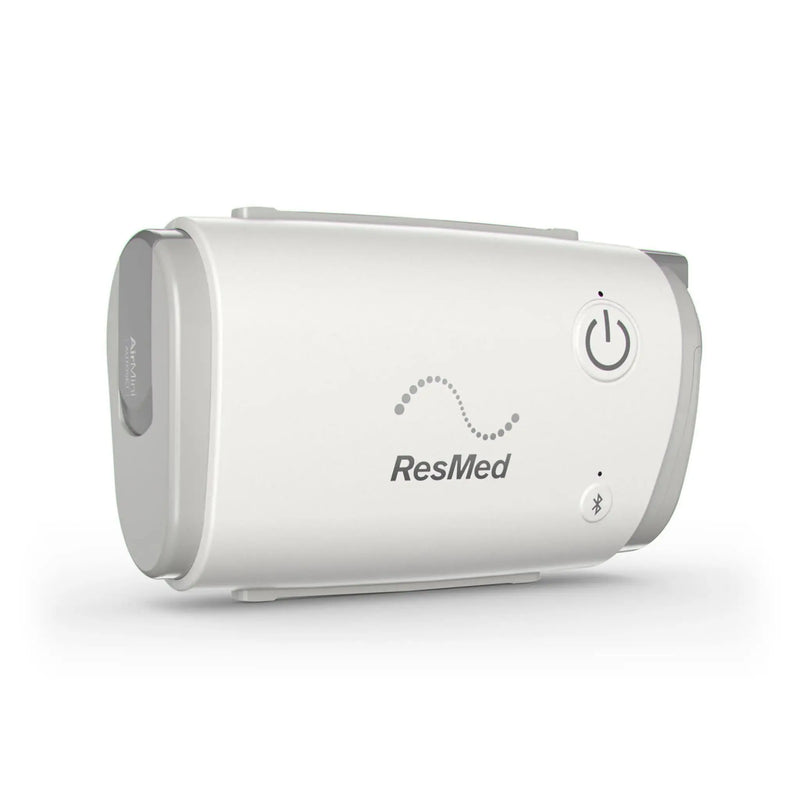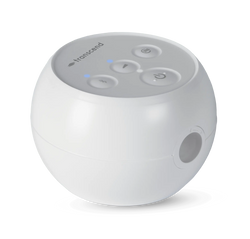If you asked a million people what they would do if $1 million suddenly dropped in their laps, you would get at least a couple hundred-thousand answers describing dreams of wanderlust. People love to travel. That is why travel blogs are among the most popular kinds of content on the internet.
If you get bitten by the travel bug and have the means to follow through, then, by all means, scratch that itch. Don't let sleep apnea stop you!
Sleep apnea may seem like a reason not to travel, but in fact, millions of people each year travel with their portable CPAP machines. This article will be your guide on how to travel when you have sleep apnea.
<
How to Pack When You Are Traveling With Sleep Apnea
Without a doubt, life changes at that moment when your spouse turns to you and tells you, "hey, you know sometimes you forget to breathe in your sleep?" There may be times that you get frustrated with your diagnosis, but don't worry! The miracle of modern technology is that with a little resourcefulness, you can achieve things that you thought were impossible.
The first thing we recommend for a traveler with sleep apnea is to consider getting a travel CPAP machine like the hyperlight ResMed AirMini. It only weighs 300 grams, or 10.6 oz.

If you love to travel and you are already seeking to trade in your old CPAP machine for a new one, it makes sense to secure the lightest, most compact option. These devices have gotten significantly cheaper and smaller in recent years. The market price for a travel CPAP machine was once $1,200, but today you can find them for much less.
Another thing you will definitely need is an extension cord. As you venture abroad, you will quickly find out that for some reason or another, many hotels across the world decide not to locate outlets near the bed.
As your sleep doctor has likely told you, people who use CPAP therapy can go several days without using the device before feeling any ill-effects, but that won't save you or your bed partner from sleepless nights over extended trips.
So take our word for it, an extension cord in your travel bag can be the difference between a restful trip or a stay-awake-cation.
Another good thing about the ResMed AirMini is that ResMed manufactures a special travel case for the portable CPAP device that can make CPAP travel easier and quicker for you. You should experiment with different CPAP travel cases and travel bags to find one that is right for you.
No matter what bag you decide on, we do recommend that you get one if you plan on traveling. The airport process can be a hassle if you don't have your equipment properly organized.

Going Through the Airport With a CPAP
Going through the airport can require patience from anyone, with or without sleep apnea, but if you keep in mind the few simple rules, it will make the whole process a lot faster and neater.
- Call your airline to find out if you can bring your CPAP equipment onboard as medical equipment. This will allow you to worry less about weight and liquid restrictions.
- Speak with your airline about using your CPAP machine on the plane if you feel like you will need it.
- Register your CPAP equipment as carry-on to prevent damage.
- Separate your laptop and tablet devices from the rest of your carry-on.
- Don't worry. Most airport security staff will know what CPAP devices are!
Final Tips
The process of traveling with sleep apnea starts before you buy your ticket and ends after you have arrived at your destination. You will want to consider questions regarding airline, insurance, and charging.
Modern technology is a powerful resource. You don't have to compromise your nights. Even if you want to use CPAP while camping or hiking, you have options.
- If you want to sleep on the plane, snoozing upright will diminish the severity of your sleep apneas.
- Consider asking your travel insurance if they will be able to cover the cost if your CPAP breaks while abroad.
- Buy an outlet adapter. This is especially important if you are flying to Europe. Not every country has the same kind of outlet.
- If you are traveling by car or RV, it is likely you will come across a situation where you need to charge your portable CPAP from a vehicle outlet. These are called DC power points, and most of the time, portable CPAP machines come equipped to access these.
Traveling with sleep apnea doesn't have to be difficult. If you want to upgrade your sleep routine for whatever reason, we have you covered! Explore our selection of travel-friendly CPAP supplies and accessories for the tools to help you get your freedom back. We wish you safe and enjoyable travels, and of course, sensational sleep!



















































